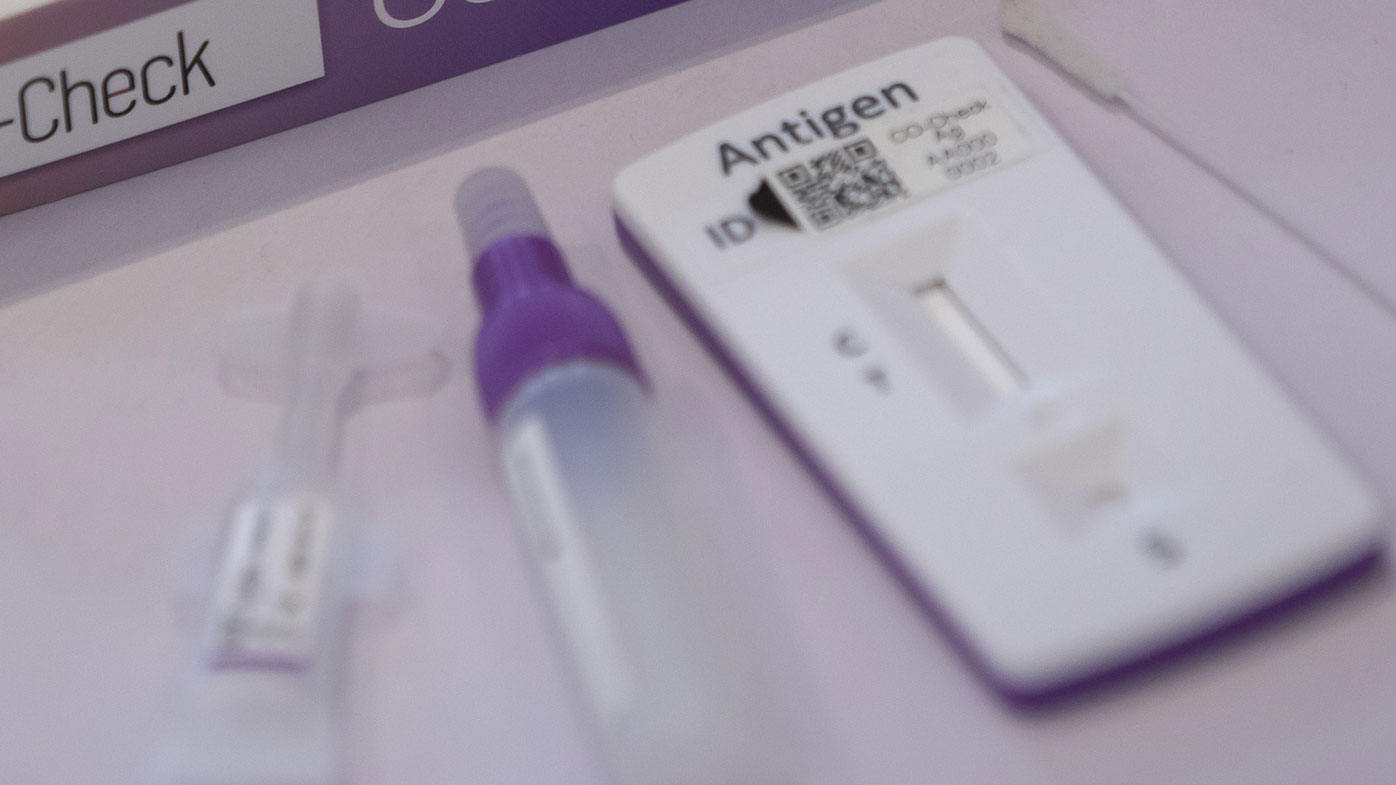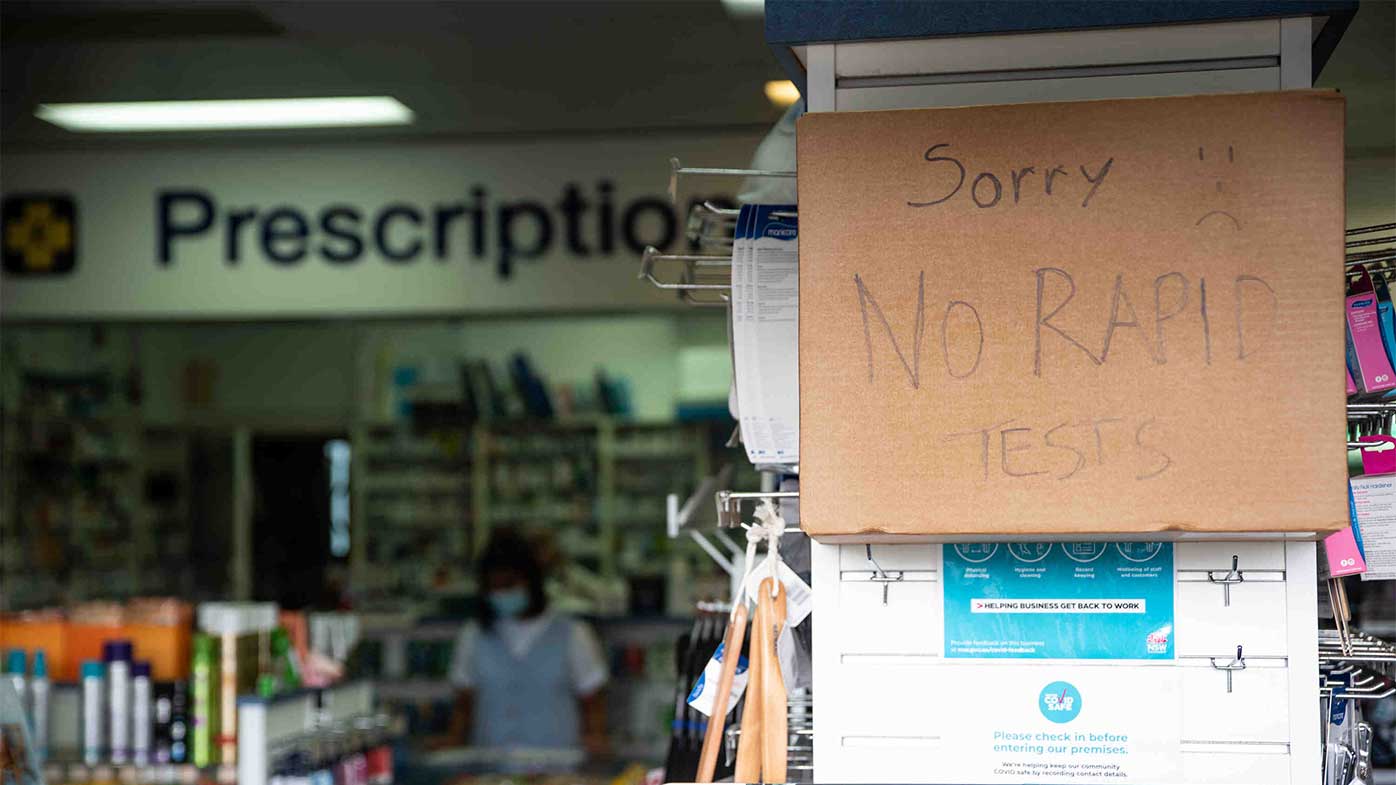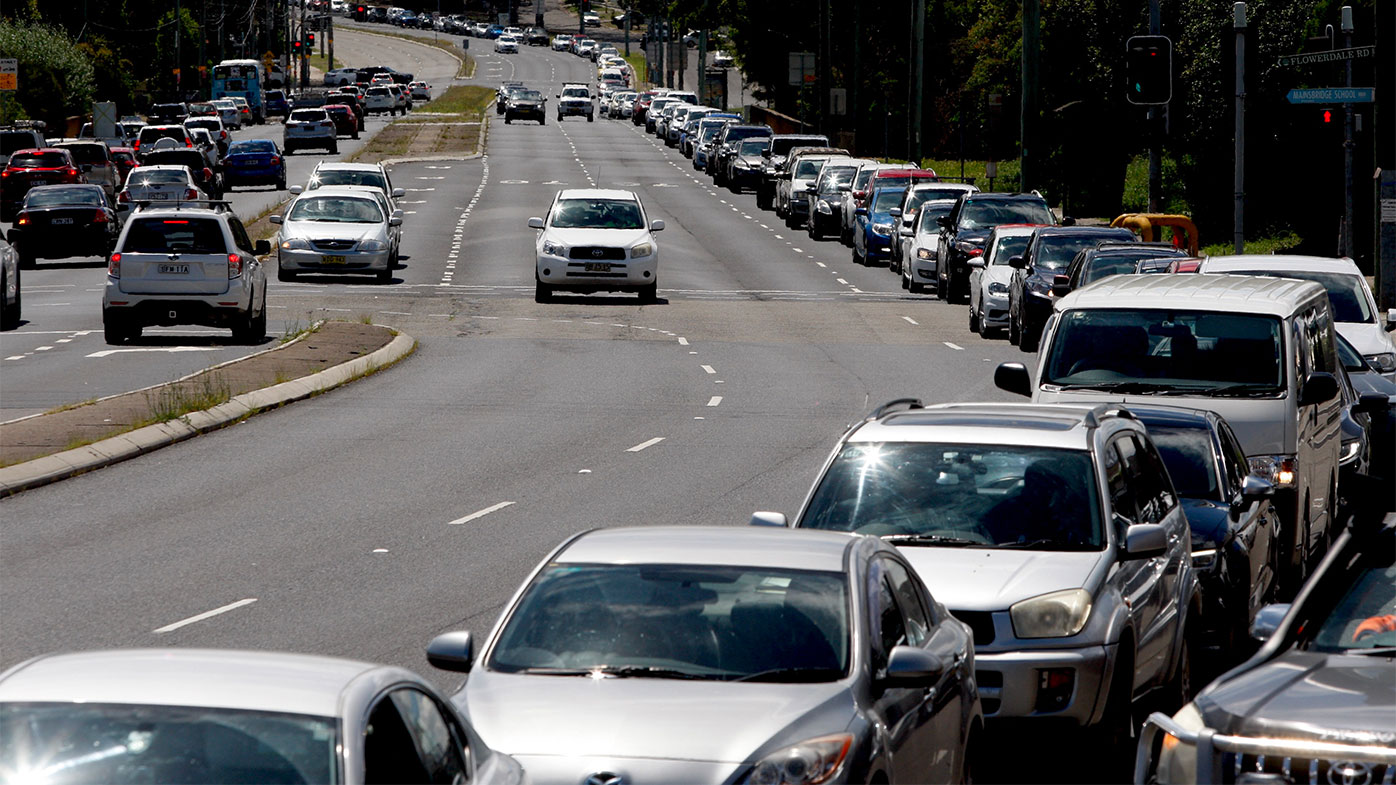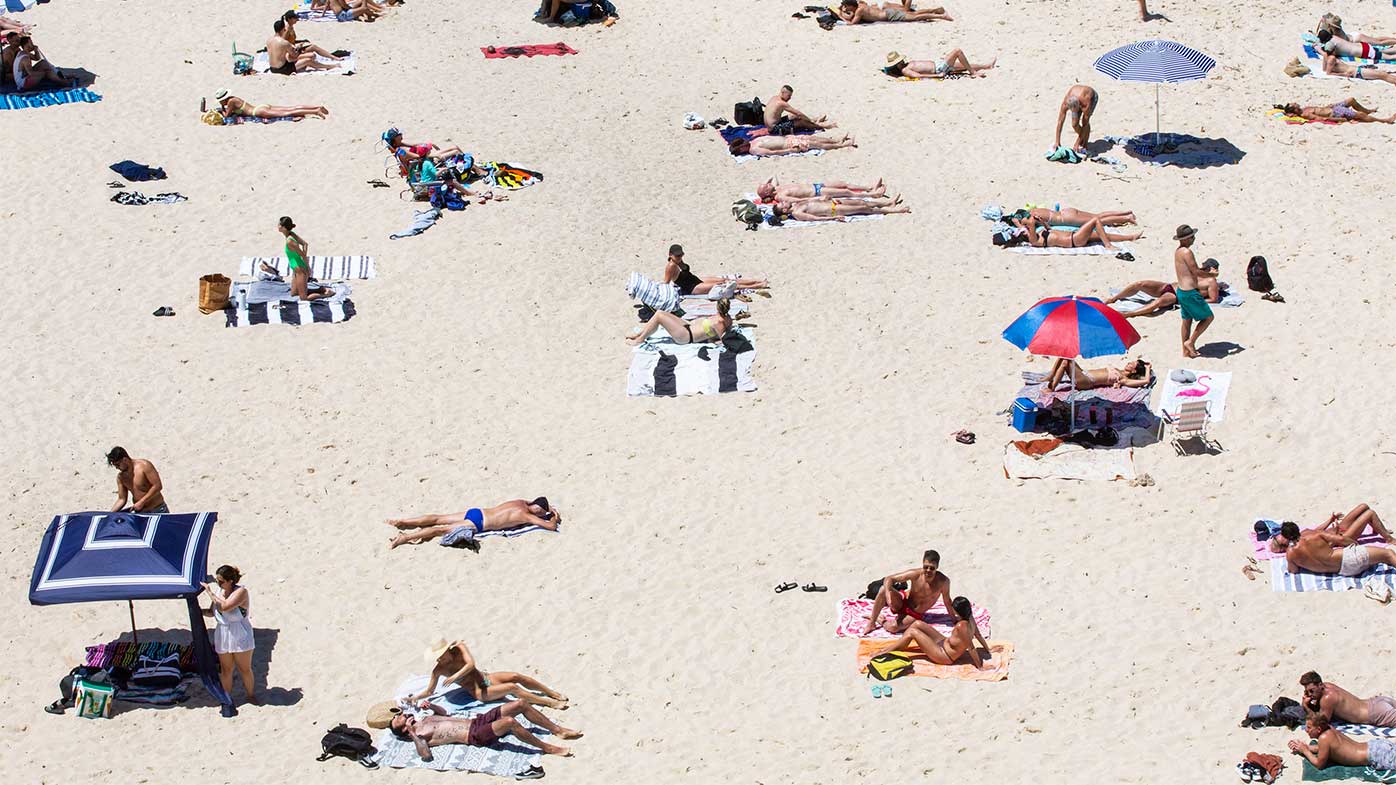The rules have changed for close contacts of COVID-19 cases, as the Omicron variant spreads like a bushfire across Australia.
Close contacts of confirmed cases are required to self-isolate for seven days starting from the testing date of the positive PCR test.
READ MORE: Big spike in Victoria COVID-19 cases

If they start to develop symptoms, they are required to get a PCR test themselves.
If not, they are required to take a rapid antigen test on day six. If they test negative, they are free to leave isolation on the seventh day.
But what if they test positive?
What happens if my test result on day six is positive?
If you receive a positive rapid antigen test result on day six, then you need to go and get a PCR test.
At some testing sites, you are urged to turn on their hazard lights or otherwise indicate you have returned a positive rapid antigen test.
If the PCR test also comes back positive, then you need to spend another seven days in isolation.
This means it will be a 14-day isolation period.
READ MORE: Huge jump in NSW COVID-19 cases, six deaths

What's the new definition of a close contact?
As of midnight, a close contact of a positive COVID-19 case can now be defined as "a household contact, or a household-like contact, of a confirmed case only".
Not an interaction in a retail store, supermarket, bar or restaurant, only somebody that a person has spent over four hours with inside a home.
"A household contact is someone who lives with a case or has spent more than four hours with them in a house, accommodation or care facility setting," Prime Minister Scott Morrison said yesterday.
"You are only a close contact if you are, effectively, living with someone or have been in an accommodation setting with someone."
READ MORE: Everything you need to know about isolation, close contacts

I haven't been in contact with a COVID-19 case inside a home and don't show symptoms, do I go about life as normal?
Yes. If you don't fulfil the new definition of a close contact then there is no need for you to be in the line for a PCR test.
"You should go home. Go to the beach, go and do what you want to do. Read a book in the park," Mr Morrison said.
"Follow all the normal, common-sense things that you would do, monitor your symptoms, followed the COVID say practices, make sure you have booked for your booster, do all of those sorts of things."

